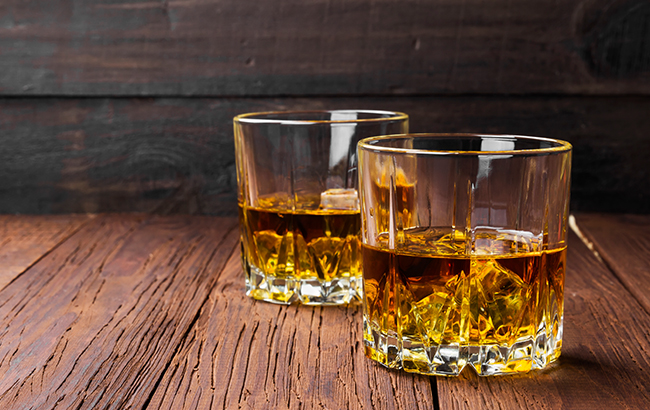Spirits tax cut could give Treasury £748m
A 5% tax reduction for spirits in the UK budget next month could boost the Treasury’s income by £748 million (US$1 billion) over the next three years, according to new data.

Trade body the Scotch Whisky Association (SWA) released the new figures based on modelling conducted by the Centre for Economic and Business Research. The data showed the Treasury could generate an additional £748m in duty and value added tax (VAT) over a three-year period by slashing excise duty on spirits by 5%.
The figures have been released ahead of the SWA’s submission to UK chancellor Rishi Sunak before the budget on 3 March.
The SWA said a reduction would increase government revenues and boost the hospitality industry at a time when the sector is struggling due to the pandemic.
Karen Betts, chief executive of the SWA, said: “The last year has been very challenging for the Scotch whisky industry, with the combined impact of Covid-19 and US tariffs. Scotch whisky producers, large and small, are facing considerable losses and, as a result, we are urging the chancellor to cut spirits duty in the budget.
“A cut in duty will also help the hospitality sector, with pubs, bars and restaurants across the UK crying out for continued support.”
The SWA said the US tariffs on exports of single malt Scotch have cost the industry £450m (US$612m) over the last 15 months. The tariff has put ‘real pressure’ on jobs and businesses, and intensified the losses the industry has been hit with during the pandemic.
Betts said: “The industry is not going cap in hand to the chancellor – but in order that we can be a partner in recovery the chancellor must use the tax system to help grow the economy.
“A cut in spirits duty will deliver additional revenue for the government as well as supporting our industry as we absorb millions of pounds of losses as a result of UK government subsidies to aerospace, which sparked the trade dispute that has seen 25% tariffs on exports of Scotch whisky to the United States.”
Betts added that the industry needs a support package from the UK government, starting with a cut in duty.
WSTA submission
Trade body the Wine and Spirit Trade Association (WSTA) has also made its submission to the Treasury, calling for a duty cut on wine and spirits.
Furthermore, the WSTA asked the chancellor to extend the 5% VAT reduction for hospitality, which is due to expire next month. The WSTA is also urging for the VAT cut to include alcoholic drinks as it currently only applies to food and soft drinks.
Miles Beale, chief executive of the WSTA, said: “With greater support from the government to weather the Covid pandemic, the UK’s wine and spirits businesses can be ready to recover, grow and explore new opportunities as the UK forges new trading relationships across the globe.
“As suppliers into the hospitality sector, their economic success is linked to recovery of the broader hospitality sector with consumers keen to support pubs, bars and restaurants to sample the great wines and spirits our members produce and import.
“To survive then recover and eventually thrive, wine and spirits businesses need a duty cut and an extension of the hospitality VAT scheme to include alcoholic drinks; and next through the government’s Alcohol Duty Review, which must deliver a simpler, fairer and supportive alcohol taxation regime.
“We believe that review holds the key to stimulating growth in our SME-rich, internationally renowned, potential-packed wine and spirits sector.”
The WSTA said British wine and spirits businesses support more than 360,000 jobs across the supply chain and generate around £50bn (US$68bn) for the nation’s economy.
